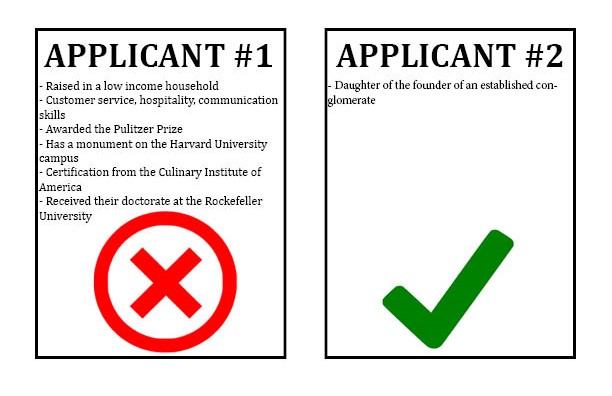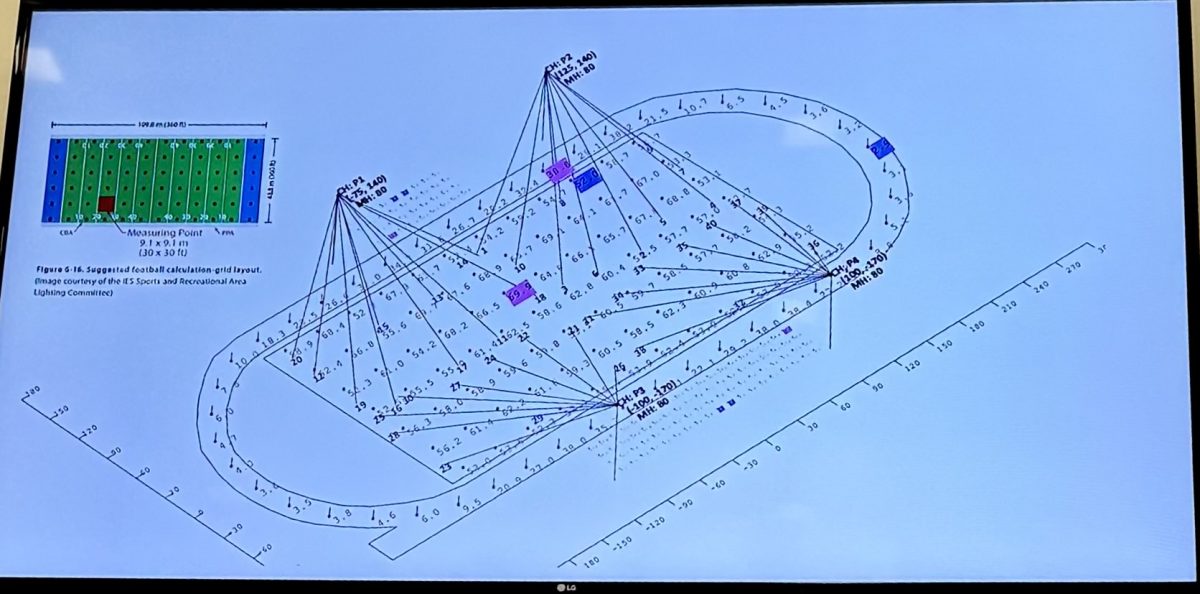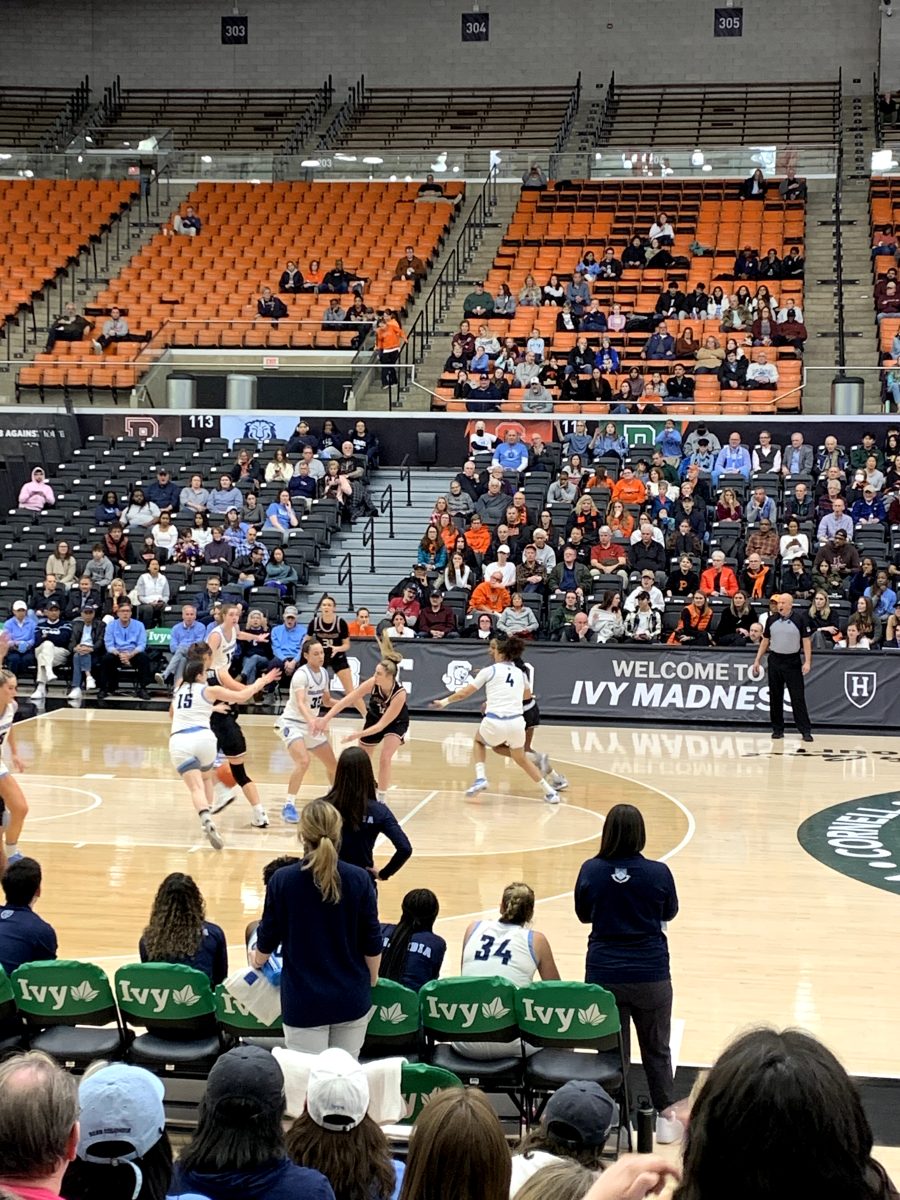Researchers at MIT have found that fake news can spread up to 10 times faster than true reporting on social media. Many people rely on apps such as Instagram or Twitter to get their information even though so much of what they are reading is not true. The problem is, anyone with a social media account can become a “news” source and post what they want. Everyone knows that the more outrageous something is the likelier it is to go viral, this can lead to people spreading over dramatic and false stories just so they can get more likes.
The disinformation being spread could be so many different things such as politics, health, or even fake relationships or high school rumors. When it comes to politics, disinformation can be wrongly used to manipulate public opinion and sway elections. Rumors could rapidly spread about different politicians and tear them down simply from one fake post. Disinformation about health can be very dangerous; if uneducated people are telling their viewers what medicine, vaccines, or treatments they should be taking, it could put people at health risks if they take the wrong drug.
Mr. Cameron, a psychology teacher at Bernards said, “I only use reliable sources on social media like my Facebook group, I know I cannot trust TikTok or other social media sites for information especially health wise.” It is important to go to professionals or real news sites when looking to learn about politics or health so you are not researching the completely wrong information.
Not only is disinformation a problem when it comes to health and political news, but it also affects a lot of young students when they see false rumors online. For example, using the many social media sites most students are now exposed to, it is easy for one person to make a post spreading false rumors about someone else and for that rumor to quickly spread across the whole school.
Emery Ruggia ‘26 said, “I have been misinformed on social media when it comes to social life and what people are doing in my school.” This can bring many problems to all students involved with rumors and lead to a lot of wrong, and even hurtful, rumors.
Disinformation is a scary matter in today’s world where everyone is fully absorbed in all things social media. It is important to not believe everything you read on various social media sites and not let the things you see control your life. Instead, if you are looking to learn, open a book or research on reliable websites. Disinformation has a very negative effect on everyone whether you are an adult or teen, as it leads to dangerous false information or rumors.








